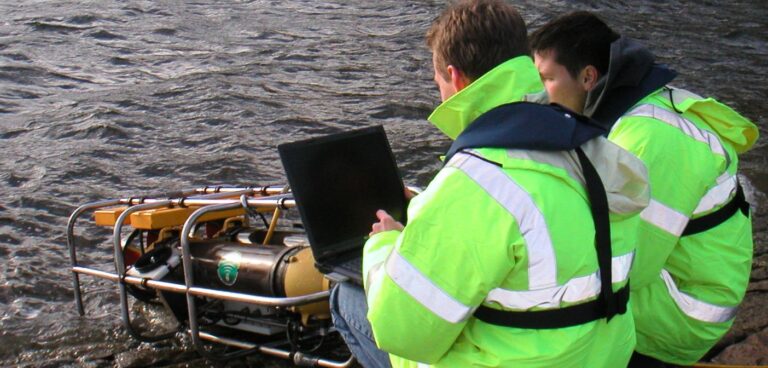Intelligent road repairs and robots for harsh environments are among eight projects receiving a share of almost £60m, as part of the UK government’s Innovation Strategy.
Supported by Engineering and Physical Sciences Research Council (EPSRC), part of UK Research and Innovation (UKRI), businesses and universities, the projects aim to develop “revolutionary technologies” for a range of sectors.
EPSRC executive chair, Lynn Gladden, said: “Artificial intelligence, digital chemistry and digital twins are some of the new and transformative technologies that will help to drive the net zero revolution, address major societal challenges, and deliver prosperity to the UK.
“By bringing together UK businesses and universities, these new Prosperity Partnerships will generate the knowledge and innovations that will enable these cutting-edge technologies to realise their transformative potential across a diverse range of sectors.”
One project will see Costain, Highways England, and the University of Cambridge collaborate to develop digital twins, intelligent materials, and robotic monitoring technology to improve the cost, time, quality, safety, sustainability, and resilience performance of the UK’s roads.
NATS and The Alan Turing Institute aims to develop the science needed to deliver the world’s first AI system to control airspace in live trials. It would again utilise digital twinning and machine learning to work in harmony with air traffic controllers, and help them to manage the complexities of air traffic control.
Additionally, SeeByte and Heriot-Watt University will use robotics and AI technologies to develop the robust methods needed for humans to collaborate with autonomous systems. And to have small robots operate effectively and safely in hazardous and unpredictable environments.
Other projects include a study into acrylic polymers, sustainable household products and engineered synthetic diamonds.








